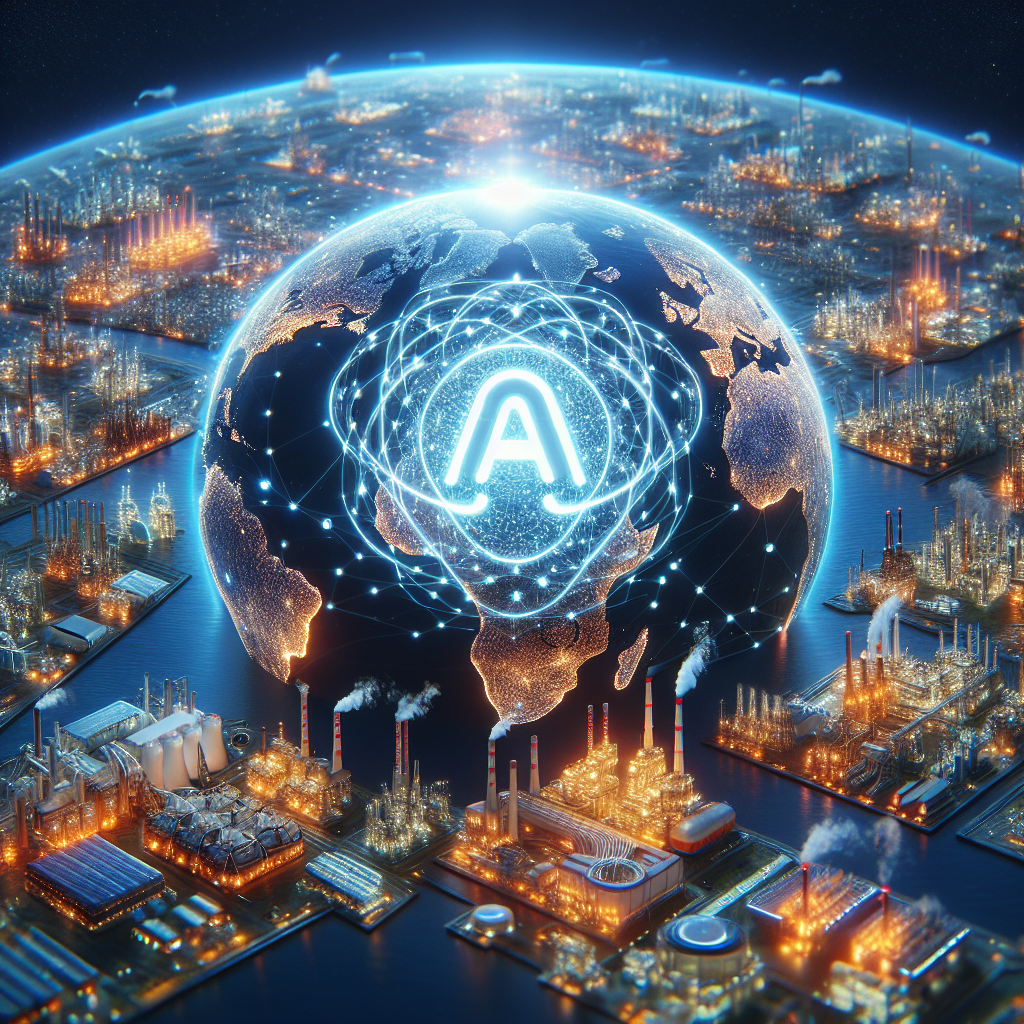Artificial General Intelligence (AGI) is a concept that has been the subject of much speculation and excitement in recent years. While we have made significant advancements in the field of artificial intelligence (AI), AGI represents a new frontier that could potentially revolutionize industries across the globe. In this article, we will explore how AGI could transform various sectors and bring about unprecedented levels of innovation and efficiency.
What is AGI?
AGI refers to a type of artificial intelligence that possesses human-like cognitive abilities, such as the ability to reason, learn, and understand complex concepts. Unlike narrow AI, which is designed for specific tasks, AGI is capable of performing a wide range of tasks and adapting to different situations without human intervention. In essence, AGI is the closest approximation to human intelligence that has been achieved in the field of AI.
How AGI Could Revolutionize Industries
1. Healthcare
One of the most promising applications of AGI is in the field of healthcare. With its ability to analyze vast amounts of data and identify patterns, AGI could revolutionize medical diagnosis and treatment. For example, AGI-powered systems could help doctors to make more accurate and timely diagnoses, leading to better patient outcomes. AGI could also be used to develop personalized treatment plans based on a patient’s genetic makeup and medical history, resulting in more effective and targeted therapies.
2. Finance
The finance industry is another sector that could benefit significantly from the adoption of AGI. AGI-powered systems could help financial institutions to analyze market trends and make informed investment decisions. By processing vast amounts of data in real-time, AGI could identify profitable trading opportunities and minimize risks. AGI could also be used to detect fraudulent activities and improve compliance with regulatory requirements.
3. Manufacturing
In the manufacturing sector, AGI could streamline production processes and optimize supply chain management. AGI-powered systems could predict equipment failures before they occur, allowing companies to schedule maintenance proactively and avoid costly downtime. AGI could also be used to optimize production schedules and minimize waste, leading to increased efficiency and cost savings.
4. Transportation
The transportation industry is another sector that could be transformed by AGI. Autonomous vehicles powered by AGI could revolutionize the way we travel, making transportation safer and more efficient. AGI-powered systems could analyze traffic patterns in real-time and adjust routes dynamically to avoid congestion. AGI could also be used to optimize logistics operations and reduce fuel consumption, leading to lower costs and reduced environmental impact.
5. Education
In the field of education, AGI could revolutionize the way students learn and teachers teach. AGI-powered systems could personalize learning experiences based on each student’s individual needs and abilities. By analyzing student performance data, AGI could provide targeted feedback and recommendations to help students improve their academic performance. AGI could also be used to develop interactive educational tools and simulations that engage students and enhance their learning experience.
FAQs
Q: What are the potential risks of AGI?
A: While AGI holds great promise, there are also potential risks associated with its development and deployment. One concern is the possibility of AGI surpassing human intelligence and becoming uncontrollable. There is also the risk of bias and discrimination in AGI-powered systems, as they may perpetuate existing social inequalities. It is important for researchers and policymakers to address these risks and develop ethical guidelines for the responsible development and use of AGI.
Q: How close are we to achieving AGI?
A: While significant progress has been made in the field of AI, we are still far from achieving true AGI. Current AI systems lack the ability to generalize and adapt to new situations in the way that humans can. Researchers are working on developing more advanced AI algorithms and technologies that could bring us closer to AGI, but it is difficult to predict when or if we will achieve this goal.
Q: How will AGI impact jobs and the workforce?
A: The widespread adoption of AGI is likely to have a significant impact on jobs and the workforce. While AGI could automate routine tasks and increase productivity, it could also lead to job displacement in certain sectors. It is important for policymakers to anticipate these changes and develop strategies to retrain workers and ensure a smooth transition to the new AI-powered economy.
In conclusion, AGI has the potential to revolutionize industries across the globe and bring about unprecedented levels of innovation and efficiency. From healthcare to finance to education, AGI could transform the way we work, live, and interact with the world around us. While there are risks and challenges associated with the development and deployment of AGI, the potential benefits are vast and promising. It is up to researchers, policymakers, and industry leaders to work together to harness the power of AGI for the greater good and ensure a bright future for humanity.

